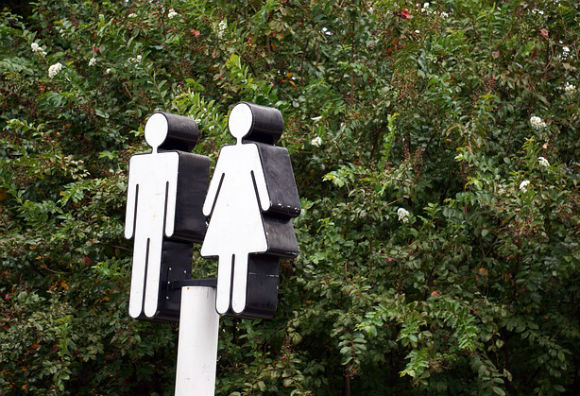Apparently CVs give away your gender
- Emma Finamore
- 29 Jun 2018
Research has scientifically identified a clear difference in the language used by men and women on their CVs.

In a study of over 200,000 CVs from candidates around the world applying to leading global businesses in an array of sectors, it is evident that women are more likely to use words such as volunteer, assistant, organise and social, while equivalently qualified men are more likely to use stronger sounding words such as engineer, analyst, investment and leadership.
The result is that even if the CVs are anonymised and the candidate’s gender is removed, there’s a potential for unconscious bias to creep in to the recruitment process due to the language being used.
Oleeo partnered with University College London to conduct the linguistic assessment – which is understood to be the first large-scale statistical linguistic analysis of male and female CV across multiple job sectors. The CVs were analysed across four key job sectors - financial services, IT, management consultancy and retail & buying. The analysis looked at the lexical, syntactic and semantic differences in the text that distinguish male and female CVs and identified the top 10 words for each sector and gender.
Charles Hipps, CEO at Oleeo, said: “The first objective of our study was to establish if there are key identifiers that differentiate a male from a female candidate’s CV. We found that there are. With the language used in a female CV tending to be more emotive and gender identifiable. So, we’re now using these insights to train our prescriptive intelligence software so that – unlike humans – it learns to ignore these gender indicators when reviewing CVs.”
The Oleeo study found that 90% of the top 10 words men used in male CVs are powerful proper nouns and nouns. In contrast, just 68% of the top 10 terms on female CVs are such words.
The analysis looked at the lexical, syntactic and semantic differences in the text that distinguish male and female CVs and identified the top 10 words for each sector and gender.
The top 10 terms are:
Financial Services
Male: equity, portfolio, investment, capital, analyst, finance, market, stock, interests, technical
Female: organise, event, volunteer, assistant, social, student, marketing, community, department, plan
Information Technology
Male: php, c, software, Linux, c++, computer, have, developer, engineer, network
Female: volunteer, event, assistant, organise, analyse, plan, student, social, conduct, excel
Management Consulting
Male: engineering, sport, investment, finance, analyst, club, cost, financial, technology, technical
Female: volunteer, assistant, event, social, organise, write, community, student, communication, research
Retail and Buying
Male: football, play, sport, business, club, technology, computer, mobile, it, leadership
Female: art, child, volunteer, shop, assistant, assist, social, design, organise, create
The study also identified slight differences in CV length, readability and use of certain words, which can also easily lead to gender identification. Analysis of the average number of words and unique words used by male and female candidates across all sectors showed that female candidate CVs tend to be longer and use a greater variety of words.
Oleeo’s research suggests the differences are so significant that blind recruiting alone is not enough to reduce gender predictability. Employers need to use intelligent algorithms which have learnt to disregard proper nouns and other gender identifiable language. Only then will recruiting really become truly fair and transparent.
News
- You can now do an apprenticeship in publishing
- School leavers can now do an apprenticeship in 3D printing
- University a ‘Disaster’
- Train firm puts on taxi service for exam pupils
- Generation Z drops out of recruitment
- 'Inadequate' school careers guidance is failing young people & should be punished by Ofsted, says new report
- You should listen to music to deal with exam stress
- School leaver blog: news, careers advice… and David Beckham
- School leaver blog: words of reassurance
- The UK is the only country that uses predicted grades for university admissions